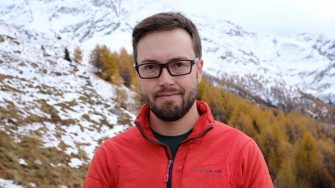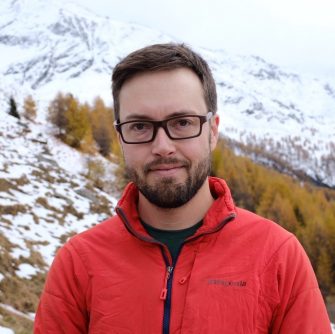Dr Tim Raupach appointed UNSW Industry Scientia Academic to advance severe storm research
Dr Raupach's new role at the UNSW Institute for Climate Risk and Response made possible through co-funding by QBE, underscores a commitment to advancing research and modelling on the looming threats posed by hailstorms in the years to come.


